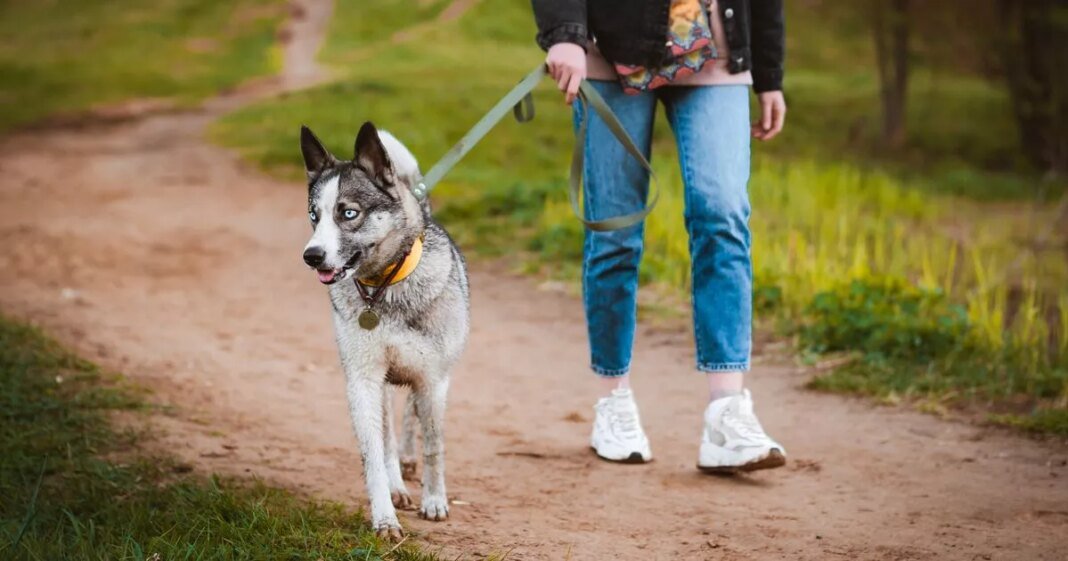As fall approaches, pet experts are cautioning dog owners to avoid certain common seeds that can be harmful to their furry companions.
With the end of summer nearing, the first horse chestnut seeds, also known as conkers, are starting to fall along with the autumn leaves. While these shiny brown nuts may bring back memories and are often associated with a traditional game, experts are warning about the potential dangers they pose to dogs.
Although the glossy brown seeds of horse chestnut trees may seem harmless on the outside, they actually contain a toxic substance called aesculin. This poison can cause severe illness in pets, leading to symptoms such as vomiting, diarrhea, excessive drooling, and intense stomach pain. In some cases, dogs may experience tremors, collapse, or even fatalities.
Furthermore, the risk escalates as these round nuts are just the right size to get stuck in a dog’s throat or intestines, causing a life-threatening blockage that often necessitates immediate surgical intervention.
As millions more conkers are expected to drop throughout September and October, experts are advising dog owners to stay alert. Neglecting this warning could turn a routine walk in the park into a visit to the veterinarian or, in tragic instances, a fatal outcome.
Michael Nelson, a dog specialist and director at a prominent outdoor kennel provider, Kennel Store, issued a stark alert as the initial seeds hit the ground. He emphasized the dangers of conkers, highlighting their toxicity and potential choking hazard, which could result in major surgery if ingested by a dog.
Veterinarians caution that late August and September mark the beginning of a peak season for poisoning cases, as parks and sidewalks become littered with fallen seeds. Treatment for conker poisoning may involve procedures such as stomach pumping, overnight monitoring, intravenous therapy, and even costly surgeries exceeding £2,000.
Michael stressed the importance of preventing dogs from coming into contact with conkers to avoid emergency situations and hefty expenses. Dog owners are advised to prohibit their pets from fetching or playing with conkers and to keep them on a leash near horse chestnut trees.
To recognize potential conker poisoning in dogs, owners should be vigilant for signs like increased drooling, vomiting or diarrhea, loss of appetite, abdominal discomfort, restlessness, weakness, tremors, or sudden collapse.



